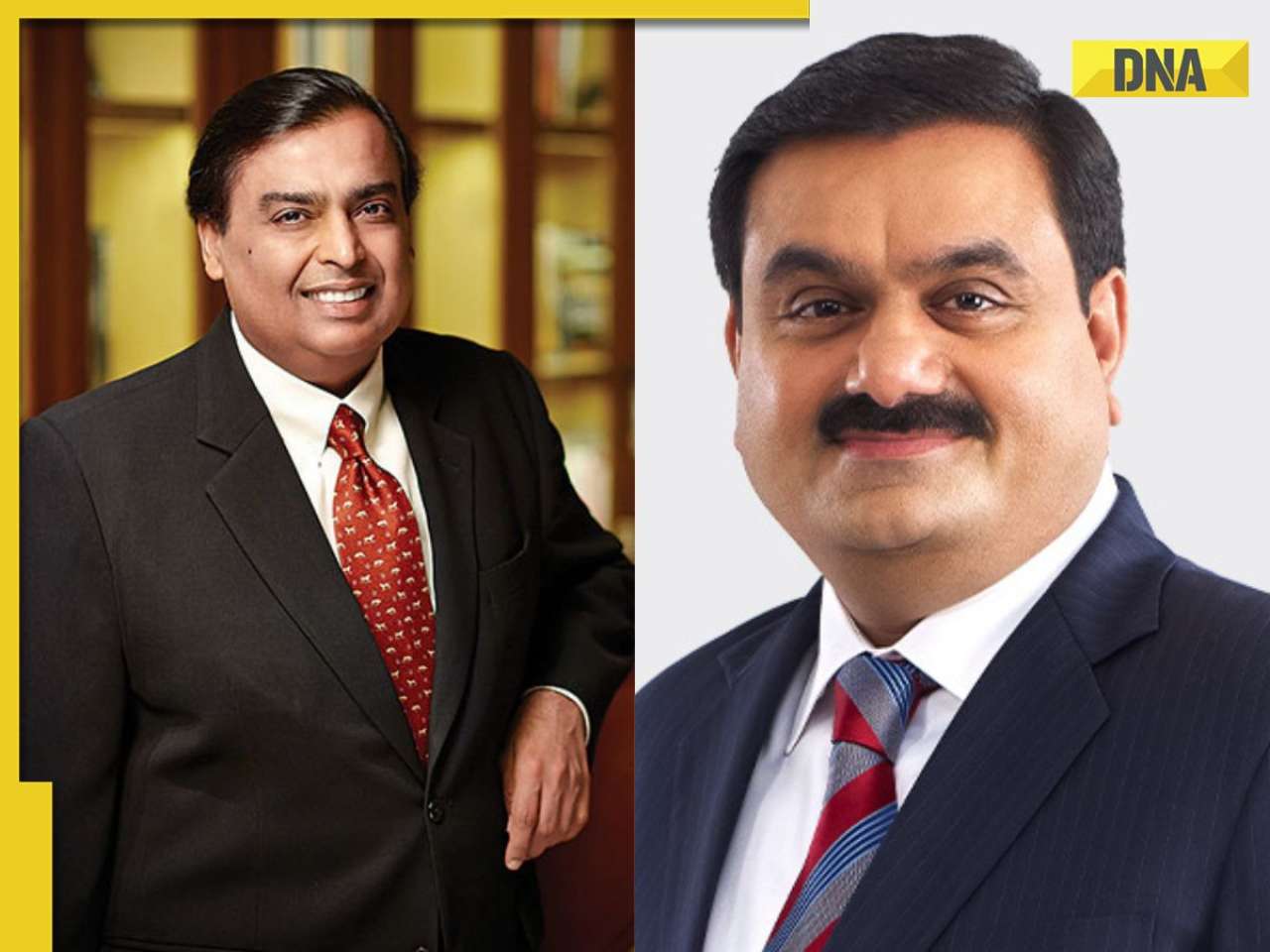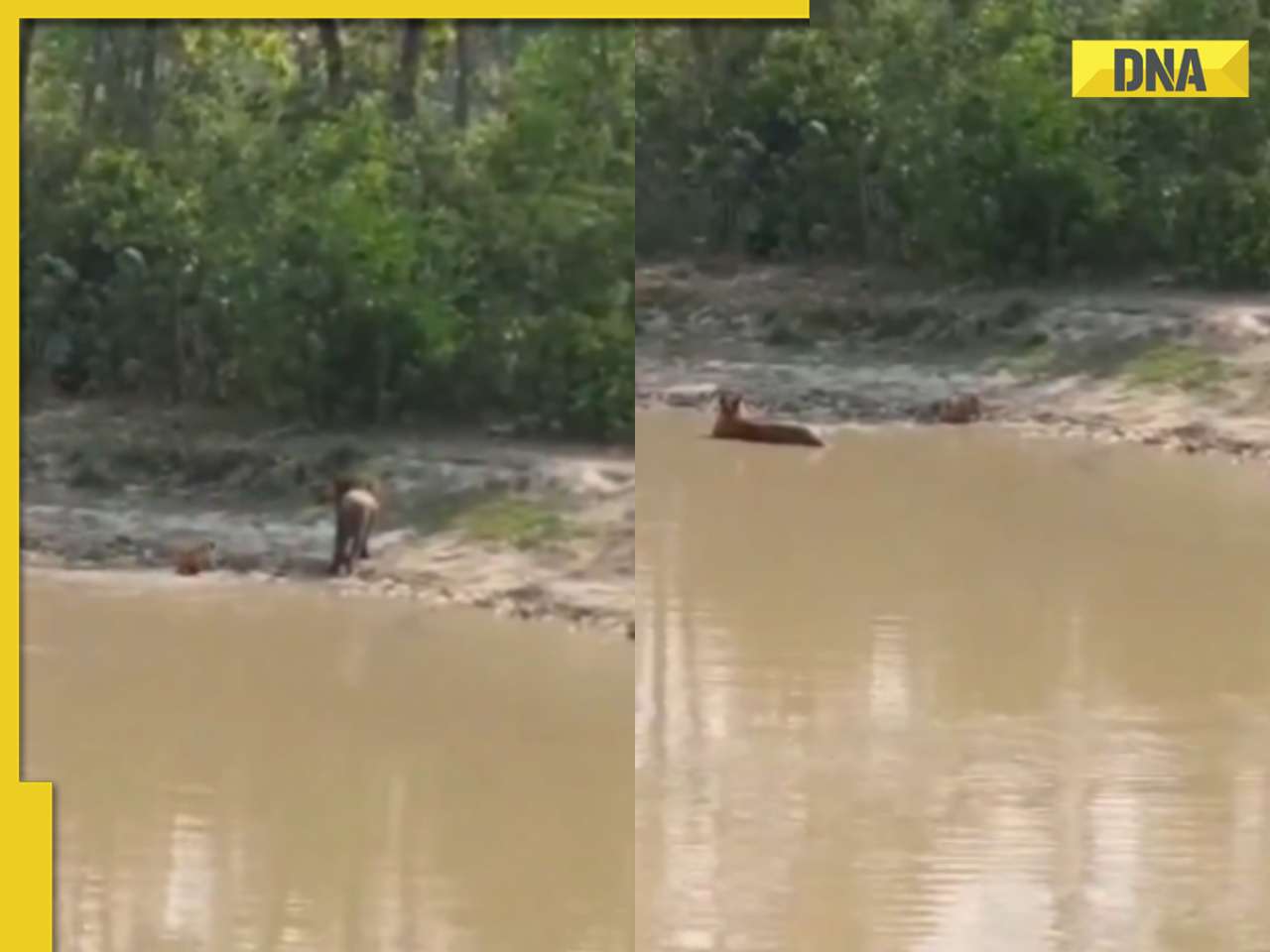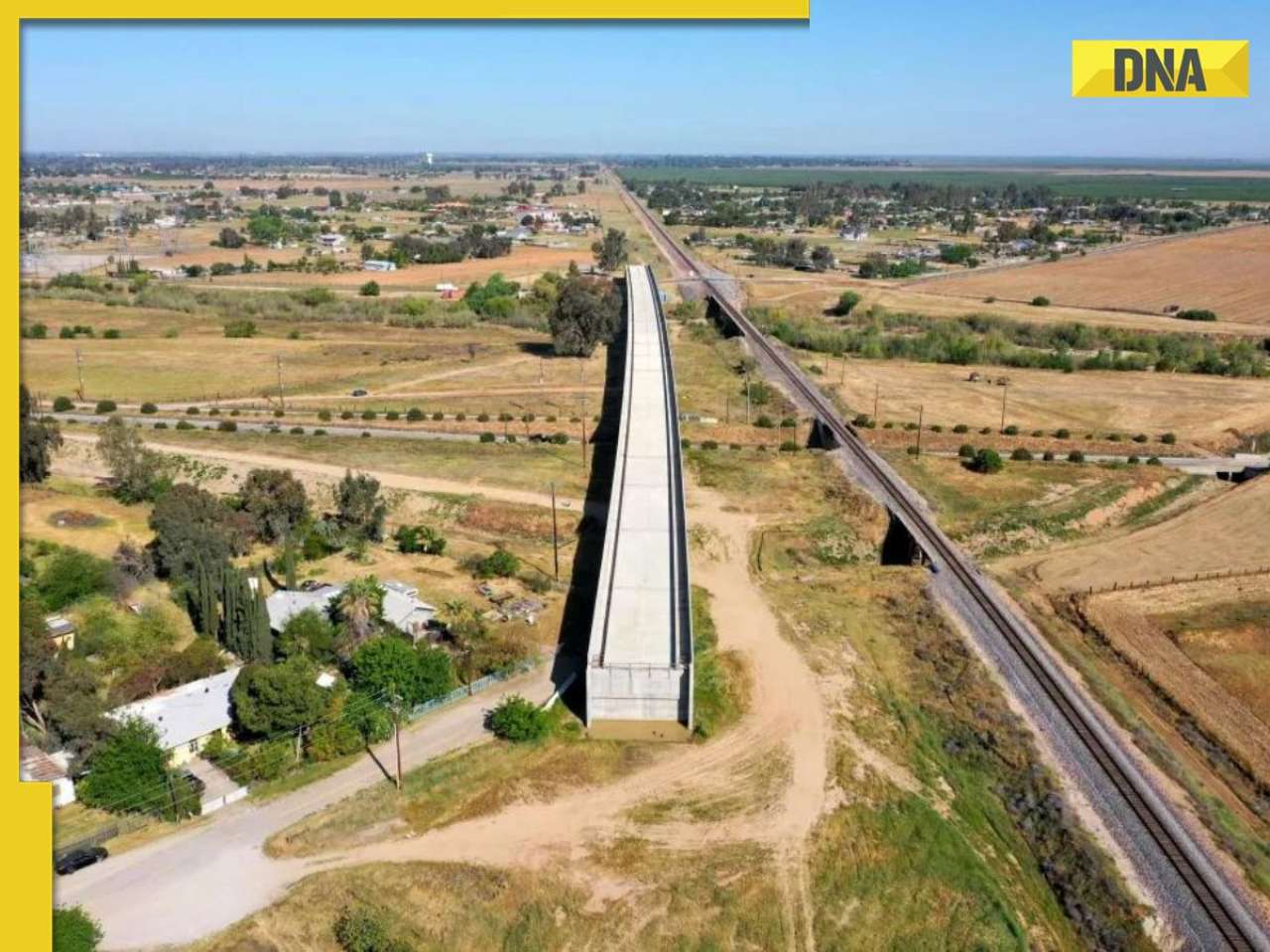Several government policies and decisions would be on hold now that the model code of conduct has come into effect ahead of the Lok Sabha elections.
Several government policies and decisions would be on hold now that the model code of conduct has come into effect ahead of the Lok Sabha elections. Even where the code is not a hurdle, a government in election mode is not keen on taking too many decisions.
TELECOM:In the telecom sector, auction of spectrum for third generation (3G) telecom services, which was scheduled for January, can now only be held after June once the new government comes to power. The Cabinet recently referred the matter of 3G auction to a group of ministers (GoM) and a verdict is not expected at a time when election dates have been announced, said sources. It is another matter that recently communications minister A Raja had said that 3G auction would be held before March 31. Meanwhile, one would have to make do with 3G services of state-owned telcos — BSNL and MTNL.
Along with the 3G auction, vacation of spectrum by defence forces has also been halted. Although representatives of the Department of Telecommunications (DoT) and the ministry of defence were scheduled to meet on February 23 to finalise the memorandum of understanding (MoU) on the modalities for spectrum vacation, no meeting took place. Officials familiar with the situation said an MoU on spectrum vacation looks unlikely in the current circumstances.
After the MoU, the defence forces would have vacated 10 MHz of 3G spectrum that could be utilised by mobile phone firms when they offer 3G services.
Vacation of 45 MHz of spectrum (including 2G and 3G) — which was the total demand of the DoT — would have taken around three years after the signing of the MoU. Now that the MoU is not in sight, vacation of spectrum would take much longer.
It would have cost the DoT Rs 14,000 crore to build an alternate fibre optic communication platform for the forces in lieu of their vacated spectrum.
Mobile number portability, which means a subscriber can retain his phone number while switching over to another service provider, would also not be a reality anytime soon. It was scheduled for launch by mid-2009, but is all set to be indefinitely deferred. The Telecom Regulatory Authority of India (Trai) is yet to start a consultation process for deciding the porting charges.
POWER:Also, look at the power sector. Even as the government has signed the nuclear accord with the United States — after facing stiff opposition domestically and losing one of its key allies over the issue — little has been achieved in terms of policy amendments back home to facilitate increased power generation using nuclear fuel. Other than the state-run Nuclear Power Corporation of India Ltd, the government has so far allowed only NTPC Ltd to be a minority partner in establishing and operating nuclear power generation plants. The other companies cannot hope to grab a pie of the opportunity till a few crucial amendments are made to existing laws surrounding nuclear power generation. The government, however, may be acting cautiously by moving step-by-step, given the humongous amount of security issues involved in nuclear power generation.
While on the power sector, the government is yet to approve awarding a bulk order for supplying 11 units of supercritical power generation sets each of 800 mw.
The award of order for 11 units at once was envisaged in the year 2005, but the issue had been hanging fire for long, with the Ministry of Power and the Ministry of Heavy Industry being virtually at loggerheads on award of the contract to the state-run equipment maker Bharat Heavy Electricals Ltd (BHEL). The issue, even as it stands resolved now - with order for at least five units slated to go to BHEL, provided it matches the price quoted by the lowest bidder emerging out of international bidding process - the bidding is not expected to be called within the present regime. The finalisation of bids and award of contracts will likely take another six-seven months.
AVIATION:
In the aviation sector, while many significant decisions (development fees for greenfield and brownfield airports, setting up of the Airports Economic Regulatory Authority, allowing Delhi International Airport to generate funds for development by charging passengers) were taken by the UPA regime, some issues are hanging fire due to last-minute changes in the parameters for private participation. These include development of 35 non-metro airports. Also, no decision has been taken on whether an international airport could come up at Greater Noida. But then, since an airport at Greater Noida is being sought by UP chief minister Mayawati, political considerations rather than procedural delays may have forced the Centre’s hand.
MEDIA:In the media sector, the tender process for the third phase of private FM radio is not likely to take place anytime before the year-end, it is learnt. The information and broadcasting (I&B) ministry is believed to be ready with a Cabinet note for changes in the FM radio policy, but an approval is not likely soon with the government in the election mode. Currently, news and current affairs-based programmes are not allowed on private FM radio stations. But, phase three is expected to allow news in a limited manner on private FM radio stations. Cabinet approval is required for the same.
![submenu-img]() Viral video: Ghana man smashes world record by hugging over 1,100 trees in just one hour
Viral video: Ghana man smashes world record by hugging over 1,100 trees in just one hour![submenu-img]() This actress, who gave blockbusters, starved to look good, fainted at many events; later was found dead at...
This actress, who gave blockbusters, starved to look good, fainted at many events; later was found dead at...![submenu-img]() Taarak Mehta actor Gurucharan Singh operated more than 10 bank accounts: Report
Taarak Mehta actor Gurucharan Singh operated more than 10 bank accounts: Report![submenu-img]() Ambani, Adani, Tata will move to Dubai if…: Economist shares insights on inheritance tax
Ambani, Adani, Tata will move to Dubai if…: Economist shares insights on inheritance tax![submenu-img]() Cargo plane lands without front wheels in terrifying viral video, watch
Cargo plane lands without front wheels in terrifying viral video, watch![submenu-img]() DNA Verified: Is CAA an anti-Muslim law? Centre terms news report as 'misleading'
DNA Verified: Is CAA an anti-Muslim law? Centre terms news report as 'misleading'![submenu-img]() DNA Verified: Lok Sabha Elections 2024 to be held on April 19? Know truth behind viral message
DNA Verified: Lok Sabha Elections 2024 to be held on April 19? Know truth behind viral message![submenu-img]() DNA Verified: Modi govt giving students free laptops under 'One Student One Laptop' scheme? Know truth here
DNA Verified: Modi govt giving students free laptops under 'One Student One Laptop' scheme? Know truth here![submenu-img]() DNA Verified: Shah Rukh Khan denies reports of his role in release of India's naval officers from Qatar
DNA Verified: Shah Rukh Khan denies reports of his role in release of India's naval officers from Qatar![submenu-img]() DNA Verified: Is govt providing Rs 1.6 lakh benefit to girls under PM Ladli Laxmi Yojana? Know truth
DNA Verified: Is govt providing Rs 1.6 lakh benefit to girls under PM Ladli Laxmi Yojana? Know truth![submenu-img]() Alia Bhatt wears elegant saree made by 163 people over 1965 hours to Met Gala 2024, fans call her ‘princess Jasmine’
Alia Bhatt wears elegant saree made by 163 people over 1965 hours to Met Gala 2024, fans call her ‘princess Jasmine’![submenu-img]() Jr NTR-Lakshmi Pranathi's 13th wedding anniversary: Here's how strangers became soulmates
Jr NTR-Lakshmi Pranathi's 13th wedding anniversary: Here's how strangers became soulmates![submenu-img]() Streaming This Week: Heeramandi, Shaitaan, Manjummel Boys, latest OTT releases to binge-watch
Streaming This Week: Heeramandi, Shaitaan, Manjummel Boys, latest OTT releases to binge-watch![submenu-img]() Remember Ayesha Kapur? Michelle from Black, here's how actress, nutrition coach, entrepreneur looks after 19 years
Remember Ayesha Kapur? Michelle from Black, here's how actress, nutrition coach, entrepreneur looks after 19 years![submenu-img]() Remember Heyy Babyy's cute 'Angel' Juanna Sanghvi? 20 year-old looks unrecognisable now, fans say 'her comeback will...'
Remember Heyy Babyy's cute 'Angel' Juanna Sanghvi? 20 year-old looks unrecognisable now, fans say 'her comeback will...'![submenu-img]() Haryana Political Crisis: Will 3 independent MLAs support withdrawal impact the present Nayab Saini led-BJP government?
Haryana Political Crisis: Will 3 independent MLAs support withdrawal impact the present Nayab Saini led-BJP government?![submenu-img]() DNA Explainer: Why Harvey Weinstein's rape conviction was overturned, will beleaguered Hollywood mogul get out of jail?
DNA Explainer: Why Harvey Weinstein's rape conviction was overturned, will beleaguered Hollywood mogul get out of jail?![submenu-img]() What is inheritance tax?
What is inheritance tax?![submenu-img]() DNA Explainer: What is cloud seeding which is blamed for wreaking havoc in Dubai?
DNA Explainer: What is cloud seeding which is blamed for wreaking havoc in Dubai?![submenu-img]() DNA Explainer: What is Israel's Arrow-3 defence system used to intercept Iran's missile attack?
DNA Explainer: What is Israel's Arrow-3 defence system used to intercept Iran's missile attack?![submenu-img]() This actress, who gave blockbusters, starved to look good, fainted at many events; later was found dead at...
This actress, who gave blockbusters, starved to look good, fainted at many events; later was found dead at...![submenu-img]() Taarak Mehta actor Gurucharan Singh operated more than 10 bank accounts: Report
Taarak Mehta actor Gurucharan Singh operated more than 10 bank accounts: Report![submenu-img]() Aavesham OTT release: When, where to watch Fahadh Faasil's blockbuster action comedy
Aavesham OTT release: When, where to watch Fahadh Faasil's blockbuster action comedy![submenu-img]() Sonakshi Sinha slams trolls for crticising Heeramandi while praising Bridgerton: ‘Bhansali is selling you a…’
Sonakshi Sinha slams trolls for crticising Heeramandi while praising Bridgerton: ‘Bhansali is selling you a…’![submenu-img]() Sanjeev Jha reveals why he cast Chandan Roy in his upcoming film Tirichh: 'He is just like a rubber' | Exclusive
Sanjeev Jha reveals why he cast Chandan Roy in his upcoming film Tirichh: 'He is just like a rubber' | Exclusive![submenu-img]() IPL 2024: Mumbai Indians knocked out after Sunrisers Hyderabad beat Lucknow Super Giants by 10 wickets
IPL 2024: Mumbai Indians knocked out after Sunrisers Hyderabad beat Lucknow Super Giants by 10 wickets![submenu-img]() PBKS vs RCB IPL 2024: Predicted playing XI, live streaming details, weather and pitch report
PBKS vs RCB IPL 2024: Predicted playing XI, live streaming details, weather and pitch report![submenu-img]() PBKS vs RCB IPL 2024 Dream11 prediction: Fantasy cricket tips for Punjab Kings vs Royal Challengers Bengaluru
PBKS vs RCB IPL 2024 Dream11 prediction: Fantasy cricket tips for Punjab Kings vs Royal Challengers Bengaluru![submenu-img]() Watch: Bangladesh cricketer Shakib Al Hassan grabs fan requesting selfie by his neck, video goes viral
Watch: Bangladesh cricketer Shakib Al Hassan grabs fan requesting selfie by his neck, video goes viral![submenu-img]() IPL 2024 Points table, Orange and Purple Cap list after Delhi Capitals beat Rajasthan Royals by 20 runs
IPL 2024 Points table, Orange and Purple Cap list after Delhi Capitals beat Rajasthan Royals by 20 runs![submenu-img]() Viral video: Ghana man smashes world record by hugging over 1,100 trees in just one hour
Viral video: Ghana man smashes world record by hugging over 1,100 trees in just one hour![submenu-img]() Cargo plane lands without front wheels in terrifying viral video, watch
Cargo plane lands without front wheels in terrifying viral video, watch![submenu-img]() Tiger cub mimics its mother in viral video, internet can't help but go aww
Tiger cub mimics its mother in viral video, internet can't help but go aww![submenu-img]() Octopus crawls across dining table in viral video, internet is shocked
Octopus crawls across dining table in viral video, internet is shocked![submenu-img]() This Rs 917 crore high-speed rail bridge took 9 years to build, but it leads nowhere, know why
This Rs 917 crore high-speed rail bridge took 9 years to build, but it leads nowhere, know why 


















































)
)
)
)
)
)